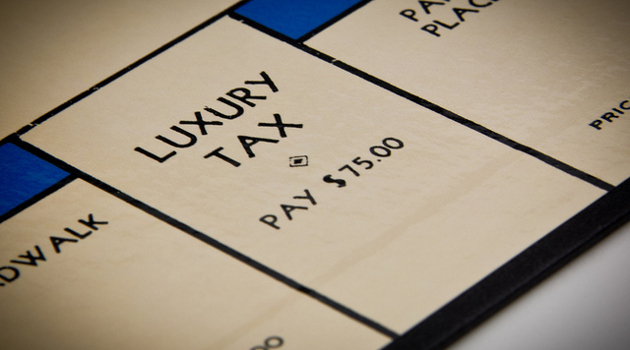The people of Chile elected a Bernie Sanders-style leftist last December and one of his crazy ideas is a wealth tax. In a discussion with Axel Kaiser, I explain why this destructive levy is misguided.
A wealth tax would be bad news in Chile. It also would be bad news in the United States.
Indeed, there is no country in the world where it wouldn’t be bad news (including Switzerland).
As I noted in the above video clip, an annual tax on wealth is economically akin to a tax on saving and investment.
And the effective tax rate can be confiscatory. Especially when you consider the impact of other taxes, such as dividend taxes, capital gains taxes, and income taxes (and don’t forget the corporate income tax and death tax!).
The chart shows that the severity of the tax varies depending on the rate of wealth tax and the change in the value of a taxpayer’s assets.
And it only includes the impact of the wealth tax and personal income tax.
Yet even with that limitation, it is still very easy to wind up with effective tax rates of more than 100 percent.
You don’t need to be a wild-eyed supply-sider to conclude this will undermine growth by discouraging people from saving and investing.
Daniel Savickas of the Taxpayer Protection Alliance wrote about this unfair and punitive levy earlier this year.
Here are excerpts from his column for Real Clear Markets.
A wealth tax means it would no longer be worthwhile for many to invest in the economy. People invest with the hopes of making money on that investment and accept they will have to pay a percentage on gains once it’s sold off. However, with repeated taxes in the interim just for holding the stock, many investments cease making financial sense. As a result, many startup companies will end up losing access to capital at a critical time. A wealth tax will end up punishing small businesses more so than the super wealthy. …The economy has taken a beating lately and – given recent inflationary trends – does not seem to be getting a break any time soon. Policymakers should be focusing on how to alleviate those pains. A wealth tax would go after the people who take risks and invest their money in our companies and our jobs. This approach would never be helpful, but is especially harmful at a time like this.
The bottom line is that a wealth tax would be very bad news. It would weaken the United States economy. And it would have an even worse impact on Chile’s economy (particularly when combined with Boric’s other bad policies).
P.S. There’s definitely not a libertarian argument for a wealth tax, and I also have explained why there is not a conservative argument for this invasive levy.



